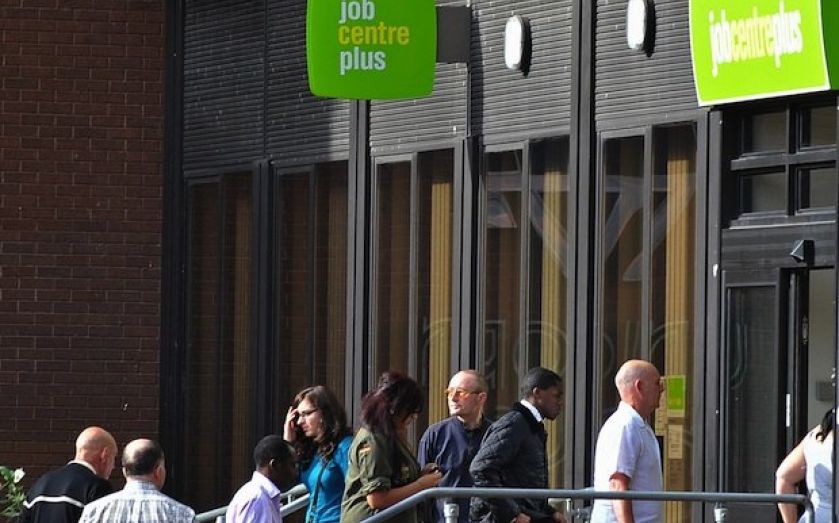We must not ignore the economic evidence on immigration’s benefits

CONCERNS about immigration continue to gather strength. A recent poll by Survation for Sky News found that 67 per cent think the coalition’s attempt to reduce net migration to 100,000 per year does not go far enough. More than a quarter feel that immigration in the last decade brought no positive benefit to the UK.
But this runs starkly against the economic evidence. Just this week, three papers have added to a growing pile of research showing that the UK is enriched when people come here to live and work. Together, they demonstrate that migrants come to the UK almost solely for work, they contribute billions more to the Exchequer than they take out, and even raise productivity while they’re at it.
The first, from former HMRC official Michael O’Connor, finds that migrant workers in the UK are much more likely to claim in-work rather than out of work benefits. O’Connor specifically shows that migrants claim working tax credit at a 20 per cent higher rate than natives, and that more migrants claim this specific benefit than all other benefits put together. Some have used this to suggest that immigrants are motivated by benefits, not work. But it really shows that migrants work long hours for relatively low pay. Some of that pay is taken away in tax, then given back via tax credits.
Crucially, O’Connor notes that migrants are much less likely than UK nationals to claim incapacity benefits, Jobseeker’s Allowance, lone parent or carer benefits, disability benefits, or bereavement benefits. And this is consistent with a second paper, from Christian Dustmann and Tommaso Frattini of the Centre for Research and Analysis of Migration. They find that immigrants significantly improved the UK’s fiscal situation between 1995 and 2012. European migrants paid £2,610 more in tax than they received in benefits each year between 2007 and 2011. While migrants from outside Europe took more out than they paid in – by an average of £332 each per year – this was dwarfed by the £1,900 net cost of a native Brit.
Further, Cinzia Rienzo and others from the National Institute of Economic and Social Research find that increased migration is associated with small but significant productivity gains. A 1 per cent rise in the fraction of immigrants in the workforce is linked to a labour productivity gain of between 0.06 and 0.07 per cent. The precise causal link is not clear, but it could be because migrants deepen the division of labour, or provide the demand that allows UK natives to shift to slightly higher-skilled jobs.
If migration opponents still worry about migrants claiming benefits, there are better ways of dealing with it – by restricting benefits to natives or long-term residents, for example. It may be unjust to withhold welfare from people who contribute to the Treasury, but it is better than keeping them out of the UK. Moving from Haiti, Nigeria or Egypt to the US or UK can boost a migrant’s income by 1,000 per cent, according to a 2008 paper. And remittance payments – approaching $400bn worldwide – are among the most efficient (or least inefficient) forms of development aid. The evidence seems irresistible – migration is good for migrants and it’s good for us.
Ben Southwood is head of macro policy at the Adam Smith Institute.